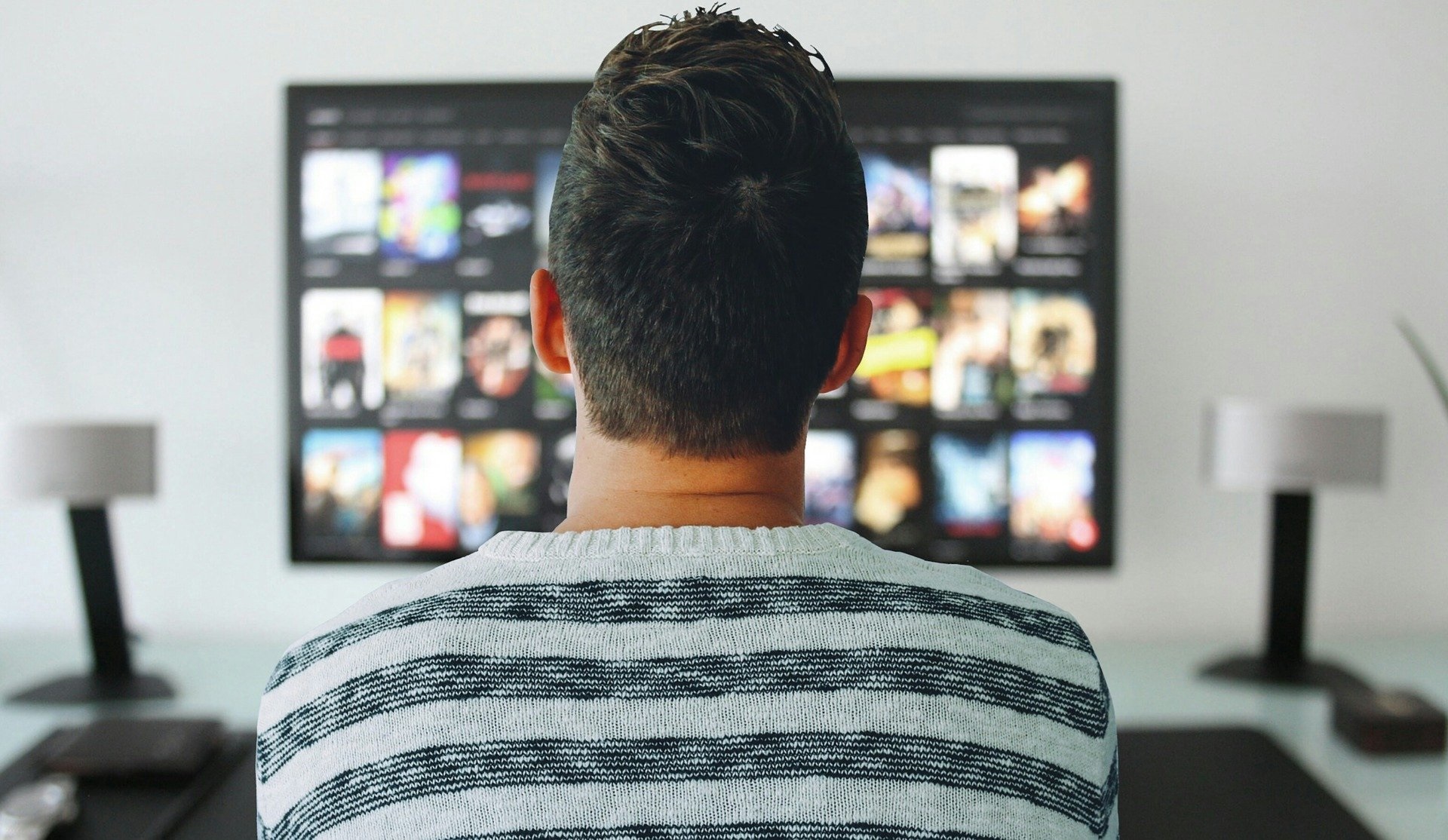BC Hydro said residents are sleeping more, grooming less, and streaming more TV since the COVID-19 pandemic began, with nearly 90% of British Columbians drastically shifting their daily routines.
Filing a new report entitled, “Powering the new normal: How COVID-19 has changed British Columbians’ daily habits and electricity use”, BC Hydro said residents are changing their habits with an uptick in people working from home.
MORE: BC Hydro – Powering the New Normal Report – June 12, 2020 (BC Hydro)
All of the data compiled, including a lifestyle survey, compared 2019 and 2020 between mid-March to the end of May.
“Weekday electricity use is peaking later in the morning and earlier in the evening, which means it now more closely resembles typical weekend patterns,” Sally MacDonald told MyEastKootenayNow.com, Public Affairs Officer for BC Hydro. “There are a number of reasons for this and it’s everything from people waking up later in the morning because there is no commute, and also people are showering less which is interesting.”
BC Hydro found that nearly 40% of British Columbians are working at home five days a week, while 65% who have a job are working from home at least one day during the week.
“With no commute, British Columbians are waking up later. Nearly 40% wake up later on weekdays than they usually do,” explained MacDonald. “Because they’re waking up later, breakfast and grooming has changed too, so nearly 45% of people in B.C. said they’re eating breakfast later and 24% said they are showering less often and for shorter periods of time than they used too.”
Usually seeing a sharp rise in power load in the early morning around 8:00 am, that power demand is steady throughout the morning. MacDonald said peak evening hours have since shifted to 6:00 pm and 9:00 pm, with previous peak hours between 7:00 pm and 10:00 pm.
Around the home, MacDonald said 50% of people are cooking more than they were pre-pandemic and baking 40% more as well. MacDonald said that potentially describes the increasing bread and baking trends on Instagram, Pinterest, and other social media platforms. As of cleaning, MacDonald noted that 15% of people are doing more laundry, while 76% are doing more laundry during the day on weekdays rather than weekends or evenings.
“British Columbians are streaming more TV,” added MacDonald. “Around 60% said they are streaming more than they were pre-pandemic and 30% of people that we surveyed said they are going to bed later than they used to.”
80% of people in the survey told BC Hydro they are going to bed an hour later than usual.
Despite the change in residential habits, MacDonald said the need for power hasn’t changed, with some may have thought with more people at home during the pandemic.
“Although British Columbians are home more, they’re not using more electricity on average overall in their home. We think that’s partly due to people using energy-efficient devices such as laptops to work from home rather than a PC or desktop computer. But, we also think that’s because that during this time of the year, people generally start to use less electricity because they are turning down or turning off their heating, which is the biggest contributor to electricity load in the home.”
BC Hydro previously reported that they witnessed a 10% decline in overall energy demand. MacDonald was quick to note, that the new report and survey only looked at residential power usage, not commercial and industrial demand for electricity. That being said, BC Hydro is still seeing a 10% drop in overall power usage and demand across all sectors as a result of COVID-19.
For any residents looking to conserve more on power, BC Hydro made the following recommendations:
Customer looking to save energy and money, BC Hydro recommended the following:
- Use a laptop instead of a desktop
- Uses 80% less electricity
- Cook with smaller appliances, such as multi-use pressure cookers, microwaves and toaster ovens
- Uses up to 75% less energy than a large electric oven
- Streaming movies or TV shows on a device like a smart TV instead of a game console
- Uses 40% less electricity.
- Tracking electricity use with MyHydro to see how at-home activities impact a household’s electricity use
Any British Columbian facing financial hardship due to COVID-19 can also apply for BC Hydro’s COVID-19 Relief Fund until June 30th.
READ: BC Hydro offering bill relief for small businesses (April 17, 2020)
READ: BC Hydro to give financial aid to customers impacted by COVID-19 outbreak (March 13, 2020)







